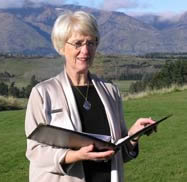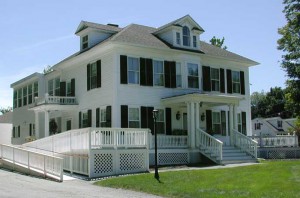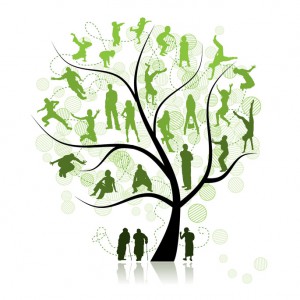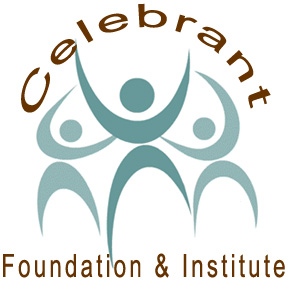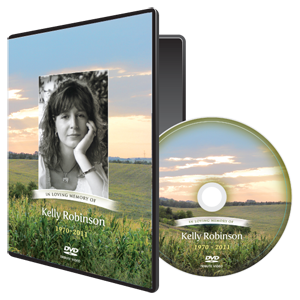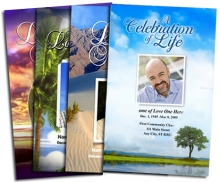“So, How Was The Funeral?”

Ask someone that question and you’ll probably hear, “Oh, you know…” And most of us really do know what the person means to say, but few can find the words to describe our emotional reaction to that question. There are clues hidden in the answer, though: people don’t talk about the funeral home, the brand new hearse or how thoughtful the funeral director was. They talk about the funeral and how it made them feel.

But when prodded, participants in the 2012 Funeral Foundation Study found the right words – and quite a few of them, at that. None were positively impressed by the experience. They described a traditional funeral as being like a lonely, lifeless tomb: suffocating, confining, cold, sterile, lifeless, and dark. After the service, family and friends remain sad and disconnected. In short, “it’s just about death and death is depressing,” the service makes them feel “sad and lonely,“ “there is nothing positive about it,” and absolutely “nobody wants to go to a funeral.”
Why are traditional funerals usually so sad? It’s easy to understand, really: it’s about fear. Death has always frightened us, and when we’re face-to-face with it, we’re scared, sad and uncomfortable. It’s so big, and so capricious; death can take any one of us at any time. Who wants to stare that reality in the face for very long? No one does, and the prospect of having to do so can make us scared–an emotional reaction which is akin to sadness. In fact, the emotions of fear, sadness and anger arise in the same part of the brain, the amygdala. No wonder they feel so much the same!
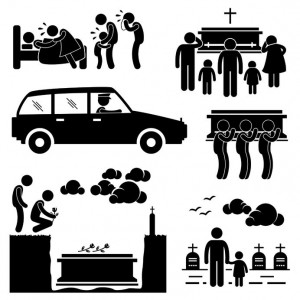
Death is scary; it always has been. The death-related rituals humans have created over thousands of years commonly share expressions of this fear, and little evolution has occurred is our emotional reactions. As Curtis Rostad, CFSP, penned in his book The Basics of Funeral Service, “We would like to think that in these modern times, our state of enlightenment would have totally dispensed with such thinking, but such is not the case. Even today, death is approached from a standpoint of fear.” From my experience I would say the more we avoid the thought of someone dying, the scarier it is when the reaper comes a-knockin’. People are sent off to nursing homes and then to die in hospitals; death is set off to the side of society. Those families more involved leading up to death are more in touch with the reality of death when it comes. Hospice helps a lot with keeping death real but as any seasoned funeral director will tell you, hospice has no clue as to the importance of funeral rituals and ceremonies.
But, it seems here in the United States we’re ready to let go of fear altogether. People want to make death real again and understand the importance of being part of the funeral process. In fact, most of today’s families want to put “fun” in funerals: they want to celebrate the uniqueness of the deceased, and the gift of life itself. But, as you’d expect, there are folks who hold the opposite opinion, like the fellow who wrote this forum post: “While I like the spirit behind ‘funerals should be a celebration,’ I disagree. I used to think that this was a great idea until my father died. For the five days until the funeral, I was in this kind of haze of shock and depression. It didn’t sink in and I couldn’t be happy about anything. The funeral was absolutely horrible, I cried and cried and cried…but it was good for me. Funerals allow you to get all your grief out and start getting on with your life. Having a party as a funeral is a nice idea, but I think it defeats the purpose of a funeral. A funeral is a place to cry and sob and be sad and say goodbye, so that you can be happy and celebrate another day.”
Another wrote, “Resist the overwhelming desire to get back in your car and drive away. Funerals are not about your feelings. Do what is asked of you, do not argue. Read in front of hundreds from the Bible, be a pallbearer, kneel before the casket, take Communion. You are the strong young, there to support the grieving old.”
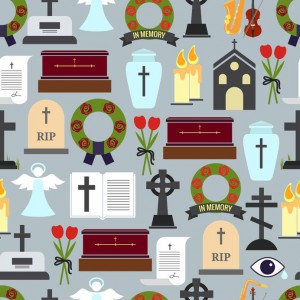 Certainly these opinions are a rarity these days; most folks would disagree. In fact, the common belief today is that traditional funerals “allow us too easily to forget the individual and dwell only in the ritual.” No one wants to be forgotten, ever. And if the ritual is mindless and meaningless to those in attendance, why even bother? As one study participant said, “just…bury the old broad and let’s get on with our lives.”
Certainly these opinions are a rarity these days; most folks would disagree. In fact, the common belief today is that traditional funerals “allow us too easily to forget the individual and dwell only in the ritual.” No one wants to be forgotten, ever. And if the ritual is mindless and meaningless to those in attendance, why even bother? As one study participant said, “just…bury the old broad and let’s get on with our lives.”
None of this comes as a surprise. If you read Part 3 of this series, How Consumers See Today’s Funerals (and What We Can Do about It), you’re already very much aware that most folks are dissatisfied with our traditional death rituals; they are looking for something more. They’re looking for transformation.
A good funeral should be transformative – it can balance you and take you away from that sad, pensive state. It brings light and life into the room, pushing out the darkness. It’s a service which presents a loving overview of the individual’s whole life, not merely a reflection on the fact of their death. As I wrote in Part 3 of this series, “As a funeral director, I believe our biggest value is the ability to create a healing environment where people can come together for a memorable experience. This experience should promote those in attendance to support each other in their grief. The life of the deceased is the star and the theme is how that life affected their world and the world of others.”
The way the ceremony makes people feel needs to be at the very heart of everything we do as funeral directors. Most of the other stuff is just the mechanics and fluff of the funeral. Yes, you read that correctly: I said fluff. Was your funeral home a good janitor of the dead? How nice did the funeral home look? How well did the attending staff look and act? Were they helpful and considerate? They better be! All these things are important, but what do the people remember? Why, the funeral of course!
And who does the funeral? I should say who officiates at the funeral, because funeral directors don’t. The funeral directors gave the funeral ceremony over to the clergy many years ago. The funeral home merely facilitates and organizes it, in most cases. Some funeral directors are now training to officiate funerals by becoming certified funeral celebrants. They receive their training at Insight Books and the Celebrant Foundation and Institute.
 The ceremony and the way it makes people feel is the real value. Clergy are quite often more interested in reinforcing religious dogma, which can heighten the sense of emotional disconnect for those in the audience.
The ceremony and the way it makes people feel is the real value. Clergy are quite often more interested in reinforcing religious dogma, which can heighten the sense of emotional disconnect for those in the audience.
A funeral should be about love; the love we have for each other, ourselves…for the planet and for life itself. It’s about the connections we make and weave into our quilt of life. Life has many chapters and people need to know “The Whole Life” and where they fit in. But they also want to learn about those chapters which come as a total surprise. It’s a great feeling to learn new things about an old friend, even if it’s at their funeral! People come to funerals sometimes to see and feel how they fit into the life that was lived. They want to know how they fit into the equation and some come to justify their own existence.
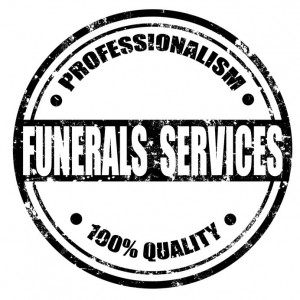 So how do we as funeral professionals take back the funeral? I’ll give you one guess (and if you read either Celebrants Will Save the American Funeral or How Celebrants Can Help the Funeral Industry you already know the answer: we need to bring celebrants into the mix. Their work is to shine a light on the life of the deceased, effectively transforming the funeral service from the darkness of death and loss into the light of life and love. Not only do celebrants make the service meaningful and transformative, their work is helping funeral directors take back the funeral, one life at a time.
So how do we as funeral professionals take back the funeral? I’ll give you one guess (and if you read either Celebrants Will Save the American Funeral or How Celebrants Can Help the Funeral Industry you already know the answer: we need to bring celebrants into the mix. Their work is to shine a light on the life of the deceased, effectively transforming the funeral service from the darkness of death and loss into the light of life and love. Not only do celebrants make the service meaningful and transformative, their work is helping funeral directors take back the funeral, one life at a time.
If you don’t believe me, in the next post in this series you’ll get to hear from the celebrants themselves, and the funeral directors who know the value of their services. Whether traditional or non-traditional, a funeral service can – and should! – be a deeply personal experience. Perhaps it will mean something different to everyone there, but it should always reinforce the value of the life lived, and the value of the relationships, the loving connections, between the deceased and each of the individuals in the audience. Next time, we’ll look at exactly how celebrants can do that.
If you’re a funeral director who has already brought celebrants into your service arrangements, we’d like to hear about your experiences–and feature them in our upcoming post. The same is true if you’re a celebrant, or if you’ve attended a service led by a celebrant. It’s your turn to stand up and be heard.



